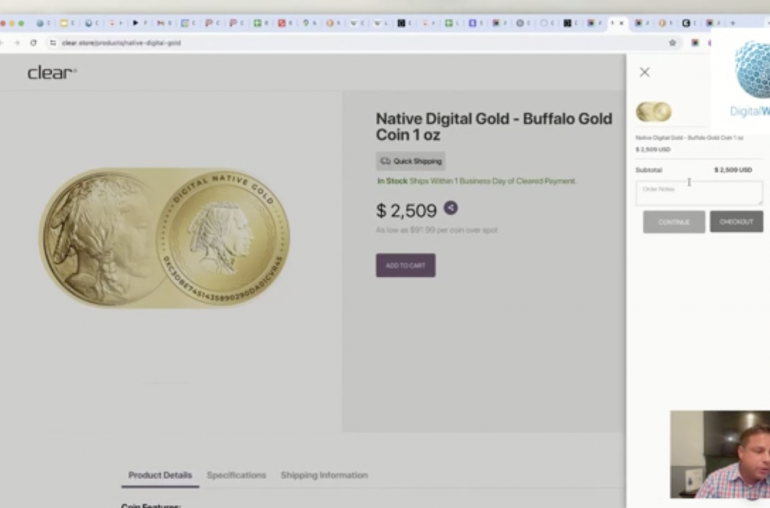Ethereum is the network of choice for developers looking to create decentralized applications (dApps). It has been described as the world’s “most popular blockchain”, due to its smart contract functionality. Smart contracts can be used for a variety of purposes, such as managing finances and trading cryptocurrencies.
Smart contracts are computer programs that automatically execute when certain conditions are met. They are an essential component of next generation blockchains and their application is beyond transaction processing, but also includes things like peer-to-peer exchange of data or resources. Smart contracts are a way of creating certainty in transactions that are digital, automated and unbreakable, along with being used to create decentralized applications (dApps), which are applications that run on a blockchain without needing any centralized servers or third parties.
These smart contracts can be used to create decentralized applications and to manage agreements between parties. A smart contract is essentially a form of self-executing code that runs on a blockchain. Smart contracts can be written in many different languages, but they’re typically written in Solidity—a language that runs on the Ethereum network.
Like most things within the web3 space, smart contracts can be used for a wide range of applications, like creating digital art or managing real estate investments. But! They also have some limitations: they cannot access external information or assets (such as an asset’s location), nor do they have access rights to other devices within your system such as databases or file systems.
There are a lot of applications for smart contracts in the real world. Smart contracts can be used for crowdfunding, supply chain management, tracking the provenance of goods, and managing digital assets. They’re also fundamental to distributed autonomous organizations (DAOs) which allow people to collaborate on projects without a central authority coordinating their efforts.
The applications of smart contracts are many and varied, but let’s look at some of their potential uses, for both personal and business cases.
For starters, they can be used to manage supply chain management and track the provenance of goods. They can also be used to manage digital assets, such as cryptocurrencies or virtual items that exist on a blockchain.
Another instance that smart contracts can be used for is crowdfunding: imagine you come up with a cool new innovation and want to get funding for it. You write up your idea for how much money you want and how much each investor will receive when you reach a certain amount of funding, then post it on your website along with all its other details (e.g., how many shares each person receives). Anyone who wants to invest in this project can go online through a secure connection and see everything there is about this company (including financial information about their previous projects) before deciding whether or not they want to invest themselves!
Lets not forget about accounting and recordkeeping, another prime use case for smart contracts. If you’re a small business owner who wants to keep track of your company’s expenses, a smart contract is perfect for this task. You simply write up what needs to be done (e.g., “if someone buys product X from us, then deduct $5 from their account”) and then post it on the blockchain so that no one can tamper with it.
This makes it easier for you to keep track of how much money you’re making and spending, which is especially important if your business is international (i.e., if you have clients in other countries). Smart contracts can also be used for crowdfunding: imagine you come up with a cool new innovation and want to get funding for it. You write up your idea for how much money you want and how much each investor will receive when you reach a certain amount of funding, then post it on your website along with all its other details (e.g., how many shares each person receives). Anyone who wants to invest in this project can go online through a secure connection and see everything there is about this respective company.
And finally, there’s DAOs! If you haven’t heard about them already, here’s a brief overview: DAOs (decentralized autonomous organizations) are organizations whose rules and processes are governed by computer programs that run on a blockchain network instead of human managers. They’re essentially “smart companies” built on top of technology networks like Ethereum; their primary benefit is that they reduce bureaucracy while increasing efficiency through automation, all of which is made possible by smart contracts!
This is just a small example of how smart contracts can be applied for personal or business use. There are other ways that smart contracts can be utilized, but they contain complexities that are beyond the scope of this article.
As with any technology, smart contracts have limitations. While they may be suited for some transactions, they are not the right choice for every situation.
For example, the Ethereum network is not known for its speed and efficiency. It can take 1-30 seconds to complete a transaction on this blockchain network—far too long when you consider that many financial transactions occur within milliseconds of each other in a centralized system like Visa or Mastercard.
The biggest problem with smart contracts is that they’re not universally good for all transactions. The fact is, some things are better left to human judgment. Smart contracts can be slow. It’s true that they don’t have to be, but in their current form they are. As an extension from that, smart contracts aren’t always the best when it comes to managing/handling exceptions. If the inputs to a smart contract change unexpectedly (say, because of a bug), then it may be difficult or impossible for it to respond effectively. Smart contracts can be expensive to use (gas). This is an issue with Ethereum specifically; other blockchain platforms may not have this problem. Finally, smart contract code is often difficult to debug, which can lead to costly mistakes and security issues if you’re not careful.
Smart contract technology can change the way we interact with digital assets and real-world assets, but it’s always important to be aware of potential limitations.
In conclusion, the Ethereum network is a great platform for developing smart contracts. These contracts allow for self-executing transactions between two parties with no middleman involved. Again, this is all possible because they are stored on a blockchain that is not owned by any one party, but instead operated by all parties collectively. The use cases are endless and will only continue growing as more people begin to understand their potential applications in everyday life!




